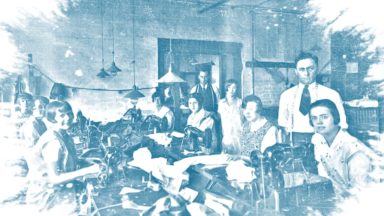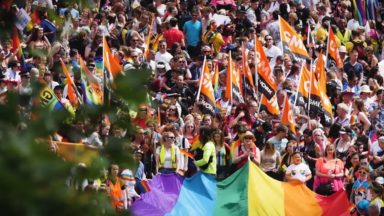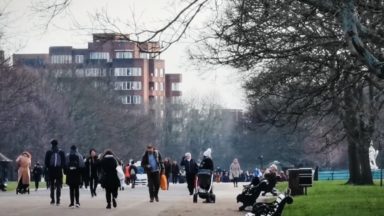Community solidarity
Professor Nadia Valman tells the story of late nineteenth and early twentieth century strikes for better pay and working conditions in the East End of London. She explores how people from Irish and Jewish communities, in spite of differences, supported each other in solidarity when facing injustice and defending their rights.



